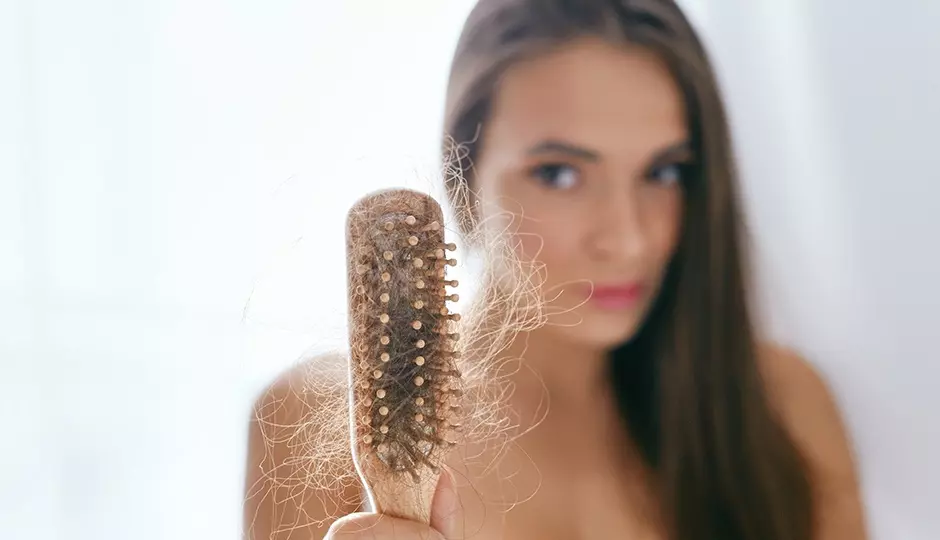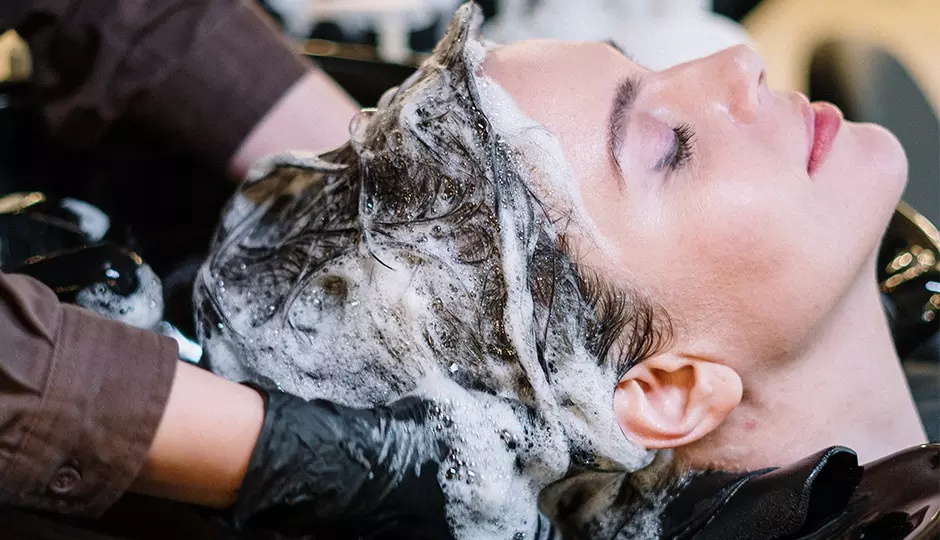Hair is essential to who we are. Our hair influences how we feel about ourselves and how we are perceived by those we meet. Unfortunately, thinning hair and hair loss can be stressful for many women because there is no way to grow hair instantly.
When you're worried about losing your hair, every day is a bad hair day. Thinning hair and hair loss can be frustrating, affecting your appearance, mood, and self-esteem.
Unfortunately, thinning hair and hair loss are often signs of internal body changes that everyone goes through. While hair loss can have various causes, it is frequently associated with hormonal imbalances in women.
Hormones and Hair Growth
Hormonal imbalances are a primary cause of women's thinning hair and hair loss. Healthy hair growth requires a delicate balance of hormones, and when your levels fluctuate and change even a little, the health of your hair can suffer.
Hormonal changes or imbalances occur normally at various stages in a woman's life. In addition to changes that are a normal part of life, hormones can fluctuate and become unbalanced for various reasons.
Thyroid Issues
Your thyroid plays a critical role in hormone production and new hair growth. If your thyroid isn't functioning correctly, the hormonal imbalance can interfere with your hair's natural growth cycle. As a result, the hair you lose from normal shedding may not be replaced, and the new hair may be dry, brittle, and easily damaged.
Changes to your hair are often the first indication of a severe medical condition. Fortunately, there are effective medications for thyroid issues, and the hair loss it causes usually reverses with proper treatment.
Stress
Too much stress can affect your physical and mental health, and it can also trigger hair loss. Stress causes your body to enter a survival mode, releasing stress hormones that interfere with your hair's natural growth cycle and can damage your hair follicles. As a result, stress-related hair loss is often characterized by a sudden thinning of hair across the scalp.
Stress-related hair loss typically occurs about two or three months after the stressful event. While finding more and more hair in your brush can be distressing, stress-related hair loss is usually temporary. By reducing stress and living a healthy lifestyle, you can generally regrow hair lost due to stress.
Menopause
During menopause, your body's estrogen and progesterone production decline. As these hormones decrease, other hormone production increases, and your body becomes more sensitive to male hormones. This hormonal change can affect your hair's strength and thickness and trigger hair loss. However, hormone replacement therapy and treatments to stimulate hair growth can often stop hair loss and help some women regrow the hair they've lost.
Pregnancy
Pregnancy triggers a burst of hormone production. Pregnant women are often thrilled with their hair's health, look, and feel during pregnancy. However, they are often shocked when they start losing hair after giving birth. The combined effects of the physical stress involved with carrying and delivering a baby and the sudden drop in hormones after giving birth trigger hair loss in many new mothers. Fortunately, like other hormone-related hair loss, the condition is usually temporary, and hair starts to grow back within a few months.
What Can You Do About Hormone-Related Hair Loss?
Hair loss can be distressing no matter what the cause. However, the first step to finding a solution is determining the cause of your condition. At Mane Image Hair Replacement Center, we are experts in all types of hair loss and can help you find the best solution for your condition. Contact us today and schedule your FREE initial consultation to learn more about the connection between hormones and hair loss in women.












